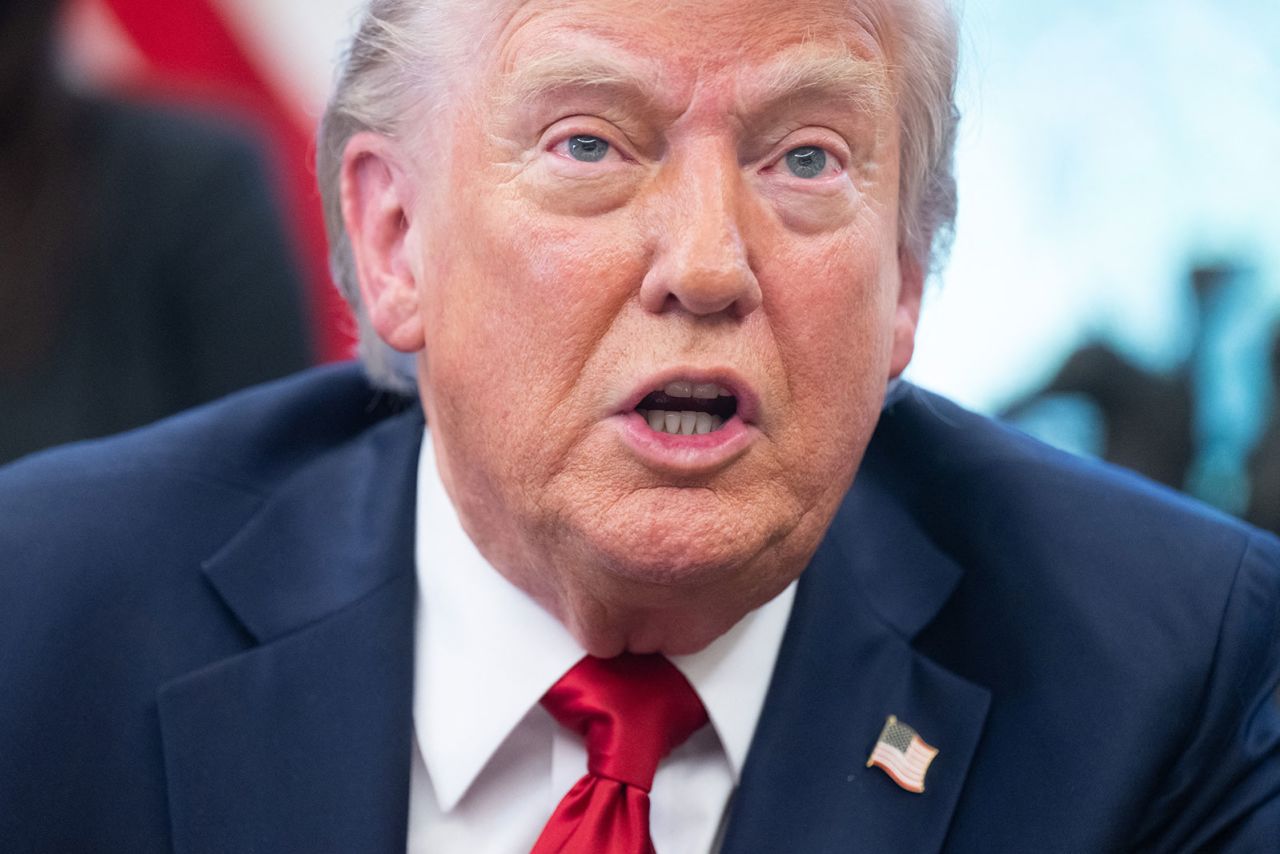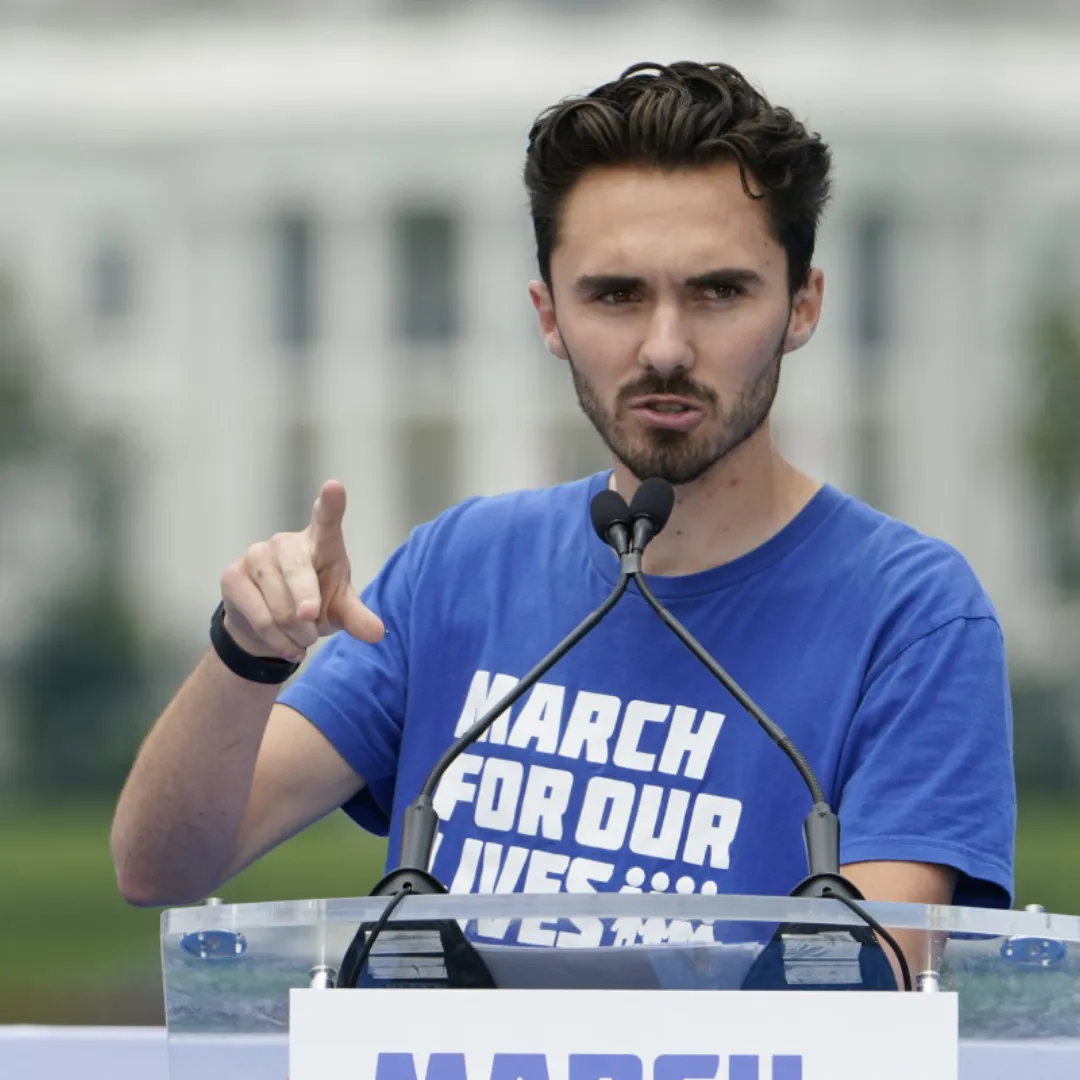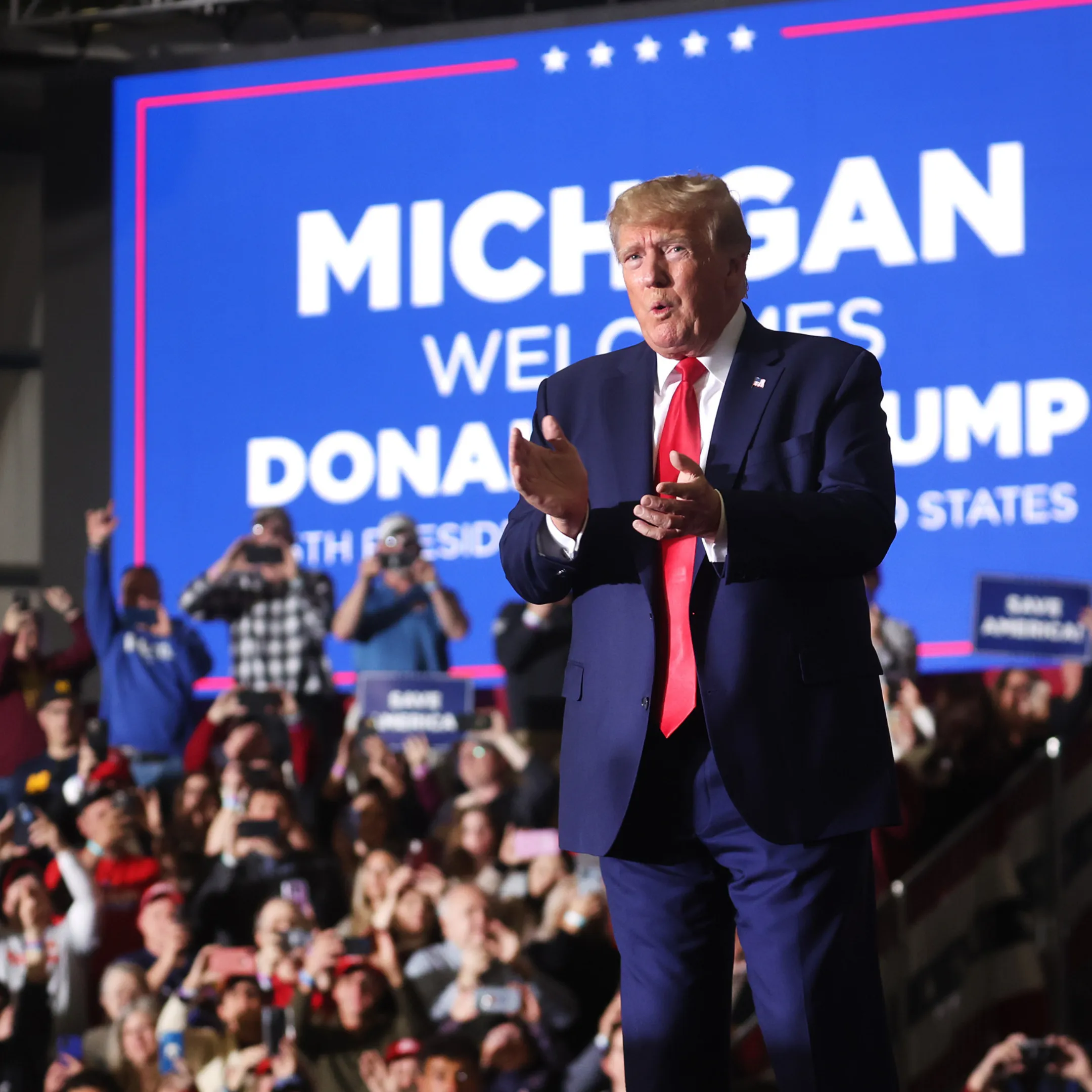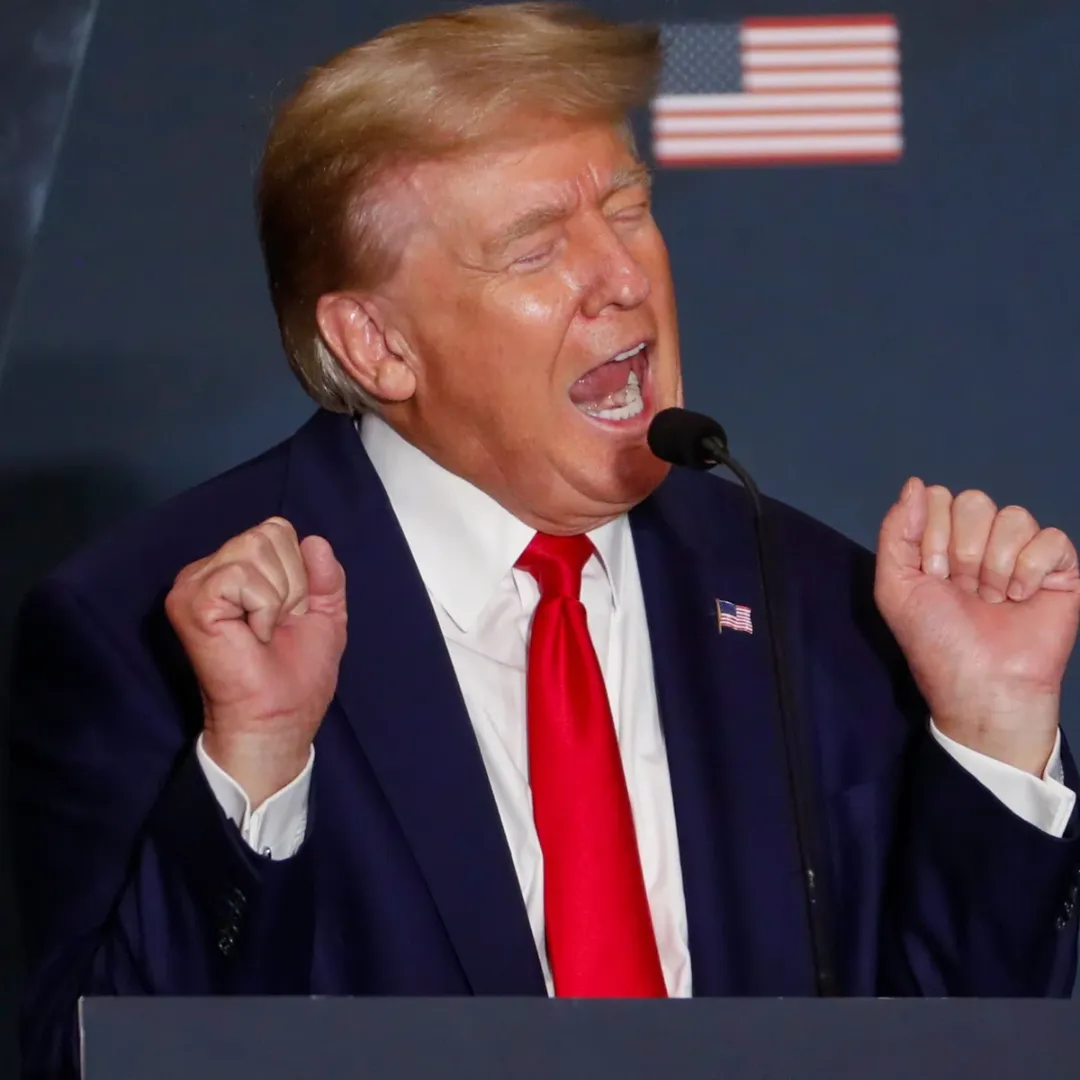President Donald Trump’s recent interview with Time magazine, marking the first 100 days of his second term, is drawing attention for a series of controversial claims, many of which have been met with skepticism and criticism.
In a wide-ranging conversation, Trump made numerous assertions that challenge both the facts and the expectations of his administration’s track record, including a claim that he has made "200 deals" related to international trade, even though no such deals have been publicly announced.
During the interview, Trump was asked about his administration’s progress on trade agreements, particularly given the widespread concerns about tariffs and trade wars that have been central to his economic policy. The president confidently stated, “I’ve made 200 deals,” although he provided no specifics on who the deals were with or what they entailed.
When pressed by Time about the absence of concrete trade deals, Trump denied that any delays had occurred, instead suggesting that there were numerous deals underway. “No, there’s many deals,” Trump insisted, adding that the final agreements would be announced in the coming weeks. However, his remarks raise questions, as no such deals have been publicly disclosed or confirmed by the administration.
In addition to the trade deal claims, Trump continued to assert that the U.S. is losing $2 trillion a year on trade, despite the Bureau of Economic Analysis reporting a trade deficit of $917 billion in 2024. This inconsistency has drawn attention from both economic analysts and critics, who point to the discrepancy between the president’s statements and the actual figures.
Trump's ongoing claims about trade deficits and his handling of economic policy continue to be a source of division, as many experts argue that the president’s approach has created more uncertainty and instability in global markets.
Trump’s statements also included a continuation of his rhetoric surrounding immigration. The president reiterated his claims about illegal immigration, once again accusing other countries of "emptying their prisons" and sending criminals to the United States.
"Many criminals, they emptied their prisons, many countries, almost every country, but not a complete emptying, but some countries a complete emptying of their prison system," Trump said, echoing a claim he made throughout his 2024 campaign.

However, this assertion is widely regarded as exaggerated and unsupported by evidence, baffling immigration experts and raising concerns about the accuracy of the president's understanding of the situation.
In addition to his trade and immigration remarks, Trump made several comments regarding the ongoing legal battles surrounding the deportation of U.S. residents.
One of the most notable moments of the interview came when the president was asked about his administration’s failure to comply with a Supreme Court order to return Kilmar Abrego Garcia, a legal U.S. resident who was wrongfully deported to El Salvador due to an administrative error.
Despite the Court’s 9-0 decision, Trump maintained that his administration was not defying the ruling, claiming that he had not been instructed by his attorneys to take action. "I leave that to my lawyers," Trump said. "I give them no instructions. They feel that the order said something very much different from what you’re saying, but I leave that to my lawyers."
This response has drawn sharp criticism from legal experts, who argue that the president’s disregard for the Court’s ruling undermines the integrity of the judicial system. Trump’s repeated attacks on judges and his refusal to follow court orders have raised concerns about his commitment to upholding the rule of law, especially when it comes to immigration-related issues.
His administration’s handling of the Garcia case is just one example of the broader disregard for legal processes and constitutional protections that has characterized much of his presidency.
Trump also faced scrutiny for his handling of the tariffs and trade wars that have dominated his economic policy. Despite claims of success in renegotiating trade deals, the president has been unable to secure any major agreements that have been publicly implemented, and the impact of his trade wars on U.S. businesses and consumers remains unclear.
During the interview, Trump defended his position, saying that the tariffs were necessary to protect American workers and ensure fair trade practices. However, the absence of any concrete deals and the ongoing uncertainty surrounding trade relations have left many questioning whether his approach is truly beneficial for the country.

While Trump’s remarks continue to resonate with his base, they have also drawn criticism from both sides of the political spectrum. Many Democrats and progressives argue that his actions are not only harmful to the country’s international standing but also erode public trust in government institutions.
They point to the president’s failure to deliver on key promises, his reliance on inflammatory rhetoric, and his disregard for legal and ethical standards as evidence of his unfitness for office. Trump’s continued use of populist rhetoric, including his insistence on painting the media and his political opponents as enemies, has only deepened the divide between the president and those who disagree with him.
In the interview, Trump also discussed the fallout from his controversial decision to launch a meme coin, a cryptocurrency that he promoted shortly after taking office. While the coin’s value has since plummeted, Trump’s decision to offer exclusive access to investors who purchase large amounts of the coin has raised serious ethical questions.
Critics argue that this is yet another example of Trump using his political position to enrich himself and his allies, undermining the public trust in the process. The offer of a private dinner for top buyers of the meme coin has been viewed as a blatant attempt to profit from the presidency, further fueling concerns about conflicts of interest.
Despite the controversy surrounding his statements and actions, Trump continues to enjoy significant support from his political base. His populist messaging and ability to connect with working-class voters have been central to his political identity, and his supporters view his aggressive stance on immigration and trade as necessary for protecting American interests.
However, as the 2024 election approaches and the country continues to face pressing issues such as economic inequality, healthcare reform, and climate change, Trump’s ability to address these challenges remains uncertain.
As Trump’s second term continues, his handling of key issues such as trade, immigration, and the rule of law will remain a central focus of his presidency. While his supporters continue to rally behind him, the growing concerns over his divisive rhetoric, disregard for legal norms, and failure to deliver on key promises could pose significant obstacles to his political future.
The ongoing controversy surrounding his actions and statements serves as a reminder of the deep divisions in American politics and the challenges facing the country as it moves forward into an uncertain future.





